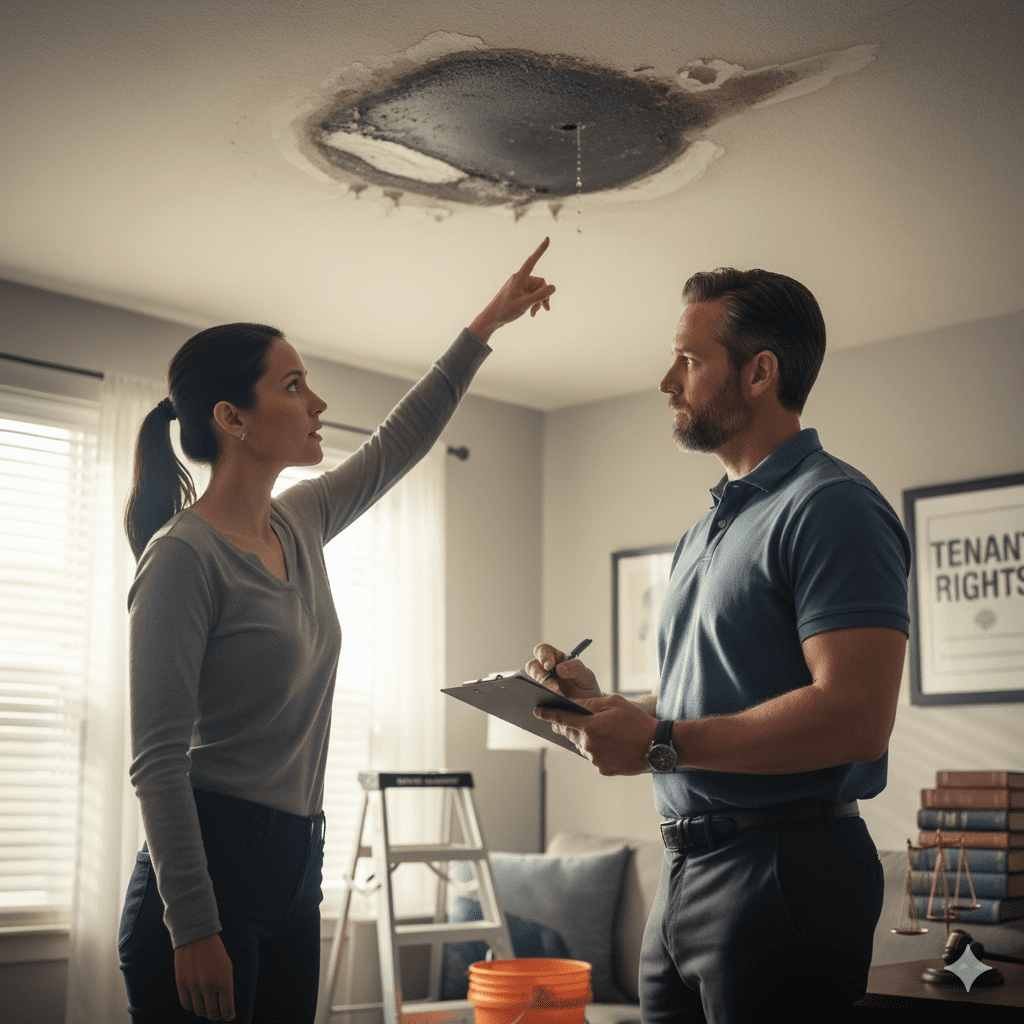
For property managers and landlords, maintaining rental units is more than just good practice—it’s a legal obligation. Tenants have the right to live in safe, sanitary, and livable conditions. This standard, known as the “implied warranty of habitability,” is recognized in most states and forms the foundation of the landlord-tenant relationship.
Failing to uphold this duty can result in lawsuits, rent withholding, government fines, or reputational damage. Here’s what the duty of habitability means and why it should be a top priority.
What Does “Habitability” Mean?
Habitability refers to the basic living conditions that must be present in a rental property. While exact requirements vary by state and local law, the core elements usually include:
Safe and functional plumbing, heating, and electricity
Access to clean running water and hot water
A roof and structure free from leaks or severe damage
Proper ventilation and adequate protection from the elements
Freedom from health hazards such as mold, pests, or infestations
Working locks, windows, and doors for security
If a rental unit fails to meet these standards, it may be deemed “uninhabitable,” regardless of what the lease says.
Why Habitability Matters Legally
The duty to maintain habitability is not just a moral responsibility—it’s a legal requirement. Here’s why:
Tenant Rights Are Protected
Tenants are entitled to a safe and livable home. When this right is denied, they can take legal action or withhold rent until repairs are made.Landlord Liability Is at Stake
Landlords and property managers who ignore maintenance issues risk being sued for damages or penalties. Courts often side with tenants in cases involving essential repairs.Government Enforcement Is Possible
Local housing authorities can issue fines, condemn unsafe units, or even order tenants to vacate if properties fail inspections.Lease Agreements Cannot Override the Law
Even if a lease tries to shift responsibility to tenants, habitability laws typically override those provisions. The duty rests with the landlord and their property manager.
How Property Managers Can Ensure Habitability
To stay compliant and protect both landlords and tenants, property managers should take a proactive approach:
Conduct Regular Inspections
Identify potential problems—like leaks, electrical hazards, or pest activity—before they escalate.Respond Quickly to Repair Requests
Address tenant concerns promptly, especially when they involve essential services.Maintain Safety Standards
Stay up to date with local building codes, fire safety regulations, and health requirements.Document Everything
Keep written records of inspections, repair requests, and completed work to demonstrate compliance if disputes arise.
The Risks of Ignoring Habitability
When property managers fail to uphold habitability standards, the consequences can be severe:
Tenants may legally withhold rent or pay for repairs and deduct costs.
Courts may award damages to tenants, including moving expenses or compensation for health problems.
Property owners may face fines, legal fees, and reputational damage.
Simply put: ignoring habitability is far more costly than addressing it.
Conclusion
Habitability is not a courtesy—it is a legal duty and a cornerstone of professional property management. By ensuring rental units remain safe, sanitary, and livable, property managers not only comply with the law but also foster trust with tenants and protect property owners from costly disputes.
Upholding habitability isn’t just about avoiding lawsuits—it’s about creating homes where tenants feel secure, respected, and cared for.
